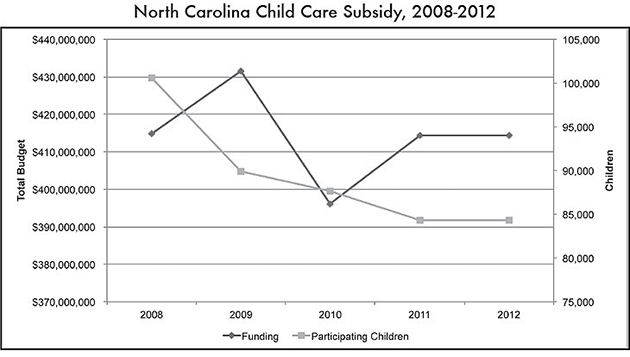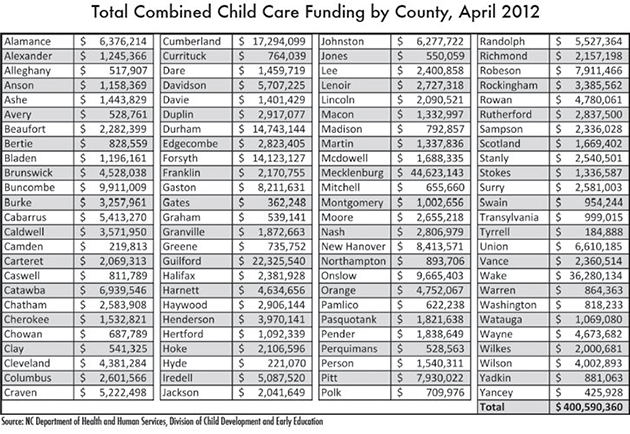Agenda 2012: Child Care | Eastern North Carolina Now
North Carolina's child care subsidy programs represent a fraction of the nearly $18 billion operating budget managed by North Carolina's Department of Health and Human Services.



| Agenda 2012: Renewable Energy | John Locke Foundation Guest Editorial, Editorials, Op-Ed & Politics, Bloodless Warfare: Politics | Agenda 2012: Health Care Reform |
|
Vice President Kamala Harris’ husband, Doug Emhoff, admitted that he cheated on his first wife with the couple’s babysitter after a report was published on Saturday that said the marriage ended after he got the babysitter pregnant.
Published: Wednesday, August 14th, 2024 @ 11:11 am
By: Daily Wire
|
|
A black Georgia activist became the center of attention at a rally for former president Donald Trump on Saturday when she riled the crowd in support of Trump and how his policies benefit black Americans.
Published: Wednesday, August 14th, 2024 @ 2:17 am
By: Daily Wire
|
|
President Joe Biden and Vice President Kamala Harris faced backlash Thursday afternoon over what they told Israeli Prime Minister Benjamin Netanyahu during a call.
Published: Friday, August 9th, 2024 @ 4:38 pm
By: Daily Wire
|
|
RALEIGH: Tropical Storm Debby continues to bring heavy rain and flooding across North Carolina on Thursday.
Published: Friday, August 9th, 2024 @ 8:43 am
By: Kevin Smith
|
|
RALEIGH: North Carolina Gov. Roy Cooper and state leaders urged people to beware of drenching rains and flooded roads as Tropical Storm Debby begins to impact the state.
Published: Thursday, August 8th, 2024 @ 8:22 am
By: Governor's Office
|
|
Kari Lake emerged victorious on Wednesday in her bid to become the GOP nominee in Arizona‘s 2024 U.S. Senate race.
Published: Wednesday, August 7th, 2024 @ 3:05 pm
By: Daily Wire
|
|
The former lover and mentor of Kamala Harris, Willie Brown, who served as mayor of San Francisco, had an extra-marital affair with Harris, and appointed her to two positions when he was California’s Speaker of the Assembly, has advised her to keep her actual ideology fuzzy
Published: Wednesday, August 7th, 2024 @ 2:59 pm
By: Daily Wire
|
|
The Kamala Harris campaign reportedly blocked reporters from speaking to voters at an event on Monday featuring Democratic governors Gretchen Whitmer of Michigan and Josh Shapiro of Pennsylvania.
Published: Wednesday, August 7th, 2024 @ 8:20 am
By: Daily Wire
|
|
North Carolina Democratic Gov. Roy Cooper, who was reportedly under consideration to run with Vice President Kamala Harris on the Democratic presidential ticket, said on Monday that it “wasn’t the right time” for him to “potentially” run for vice president.
Published: Wednesday, August 7th, 2024 @ 6:57 am
By: Daily Wire
|